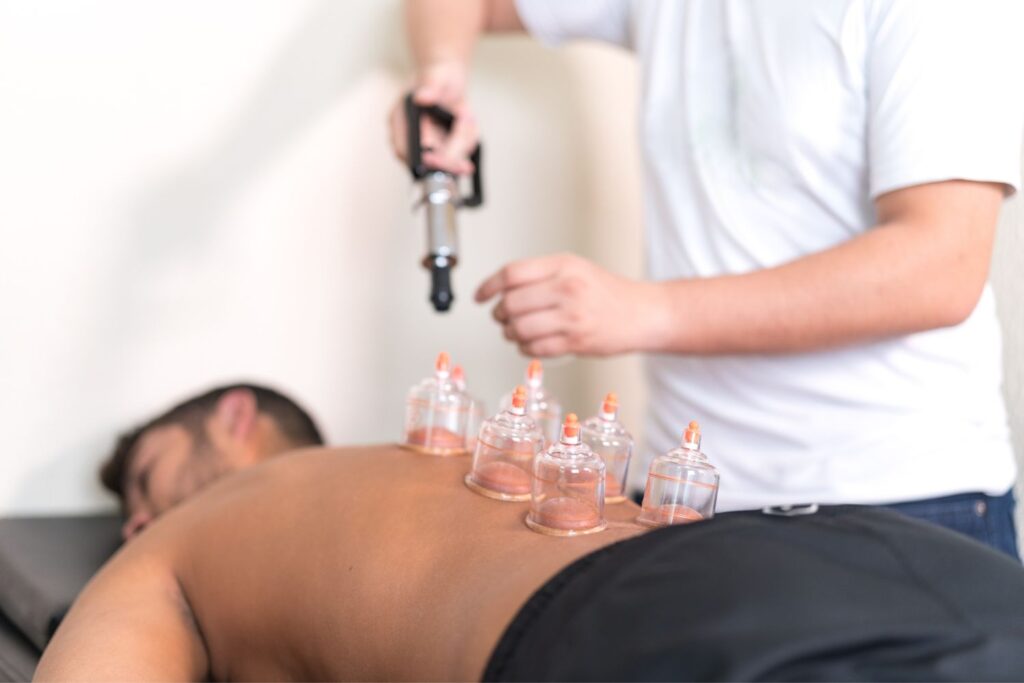Hijama in Depression/tension or Headache
kashifakhtardbd@gmail.com
July 18, 2024
Blog,Health,HIJAMA,Hijama or Cupping Knowledge,Insight,Medical,WET CUPPING

Hijama (Cupping Therapy) has been explored as a complementary treatment for various conditions, including mental health issues like depression and physical ailments such as headaches. While scientific evidence on its effectiveness is still limited, here’s a breakdown of how hijama may help:
1. Hijama for Depression:
- Traditional View: In Islamic medicine and traditional healing practices, hijama is believed to balance the body’s energy and improve emotional well-being by removing “bad blood” or toxins.
- Possible Mechanisms:
- Improved Blood Circulation: Cupping might enhance blood circulation, potentially supporting brain function and mood regulation.
- Endorphin Release: The process could stimulate the release of endorphins, natural chemicals that reduce pain and improve mood.
- Relaxation and Stress Relief: The cupping experience can be relaxing, providing relief from stress and anxiety, which are often linked to depression.
- Research: Some small studies and anecdotal reports suggest hijama may help with symptoms of depression. However, more rigorous scientific research is needed.
2. Hijama for Headaches:
- Tension and Migraines: Hijama has been used traditionally to treat tension headaches and migraines. It is believed that by improving blood flow and removing toxins, cupping can reduce headache frequency and intensity.
- Muscle Relaxation: Headaches often result from muscle tension in the neck and shoulders, and cupping can help relax these muscles, reducing pain.
- Nerve Stimulation: By applying cups to specific points on the body, cupping may stimulate nerves and reduce headache symptoms.
General Considerations:
- Individual Response: The effectiveness of hijama varies from person to person.
- Safety: Hijama should be done by a trained professional to ensure safety and avoid complications.
- Complementary Therapy: It is often used alongside other treatments rather than as a standalone therapy.
It’s important to consult a healthcare provider before trying hijama, especially if dealing with mental health conditions like depression


